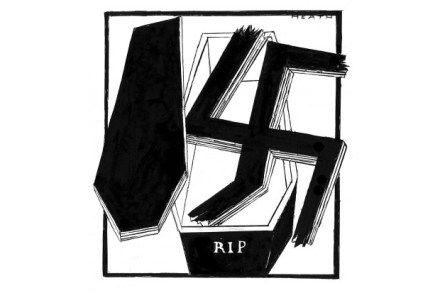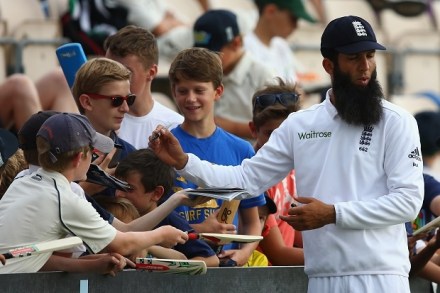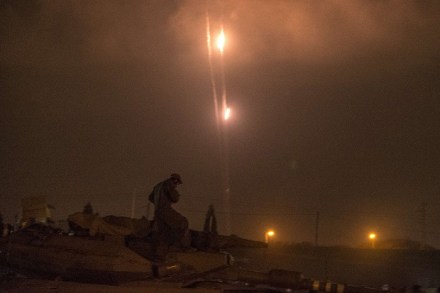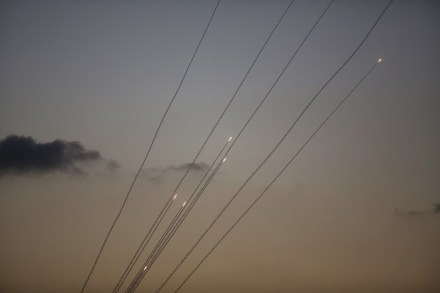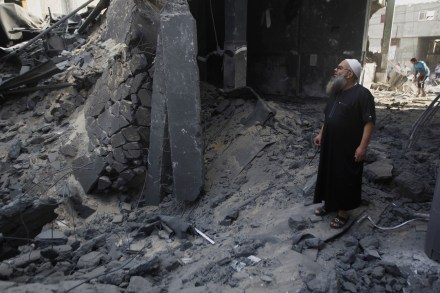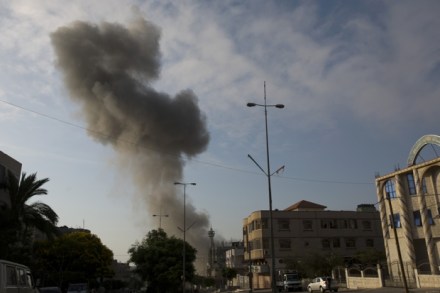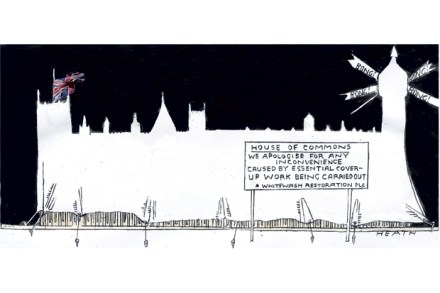Watch: Douglas Murray and Ben Soffa from Palestinian Solidarity Campaign discuss anti-Semitism
In this week’s Spectator, Melanie Phillips suggests that anti-Semitism is on the rise, fueled by the events in the Middle East. Douglas Murray and Ben Soffa, Secretary of the Palestine Solidarity Campaign, discuss whether this is the case in this week’s View from 22 video special. Here’s an extract from Melanie’s piece. The full article will be available tomorrow: The mask has been torn away. Supposedly anti-Israel protests over the Gaza war have convulsed Europe in the worst scenes of open Jew-hatred since the 1930s. In Paris, predominantly Muslim mobs screaming ‘death to the Jews’ have repeatedly tried to storm synagogues, torched cars and burnt Jewish-owned shops to the ground.
